Short News
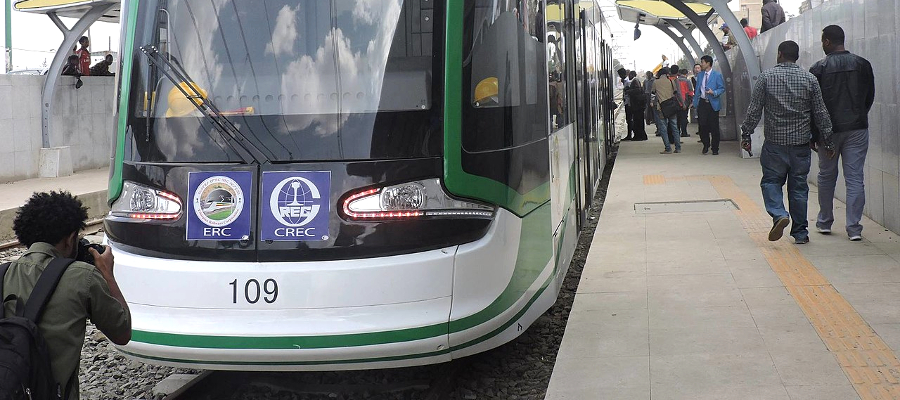
Electric train for sea trade
Ethiopia has constructed a 756 km long electric railroad that will link the land-locked country to the sea much faster than by truck based transport.
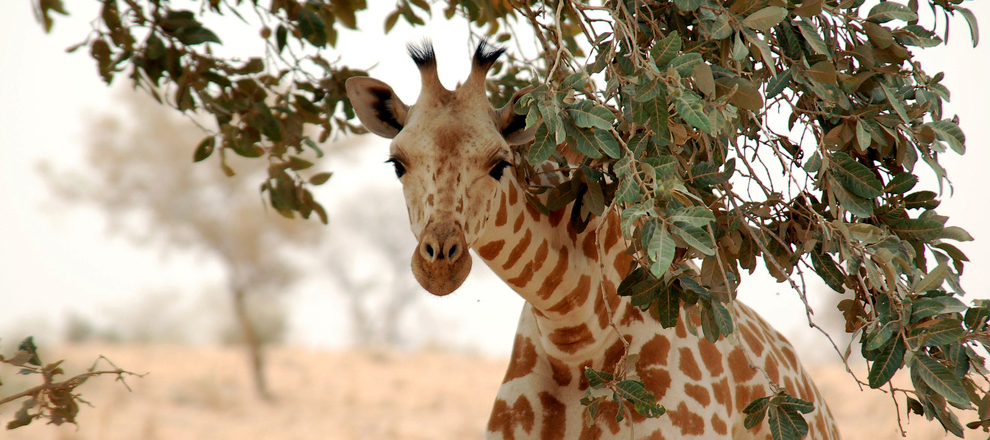
Cautious hope for giraffes
There are now a few more West African giraffes in Niger than last year, according to the latest count. Only about 607 of this species remain in the world.
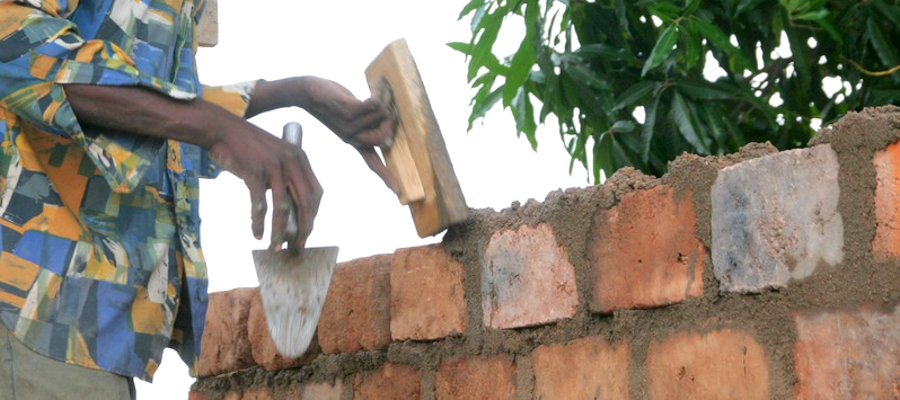
More work in central Africa
Since 2015, the World Bank has invested in more than 700,000 work days in the Central African Republic, to help locals build a better future for themselves.
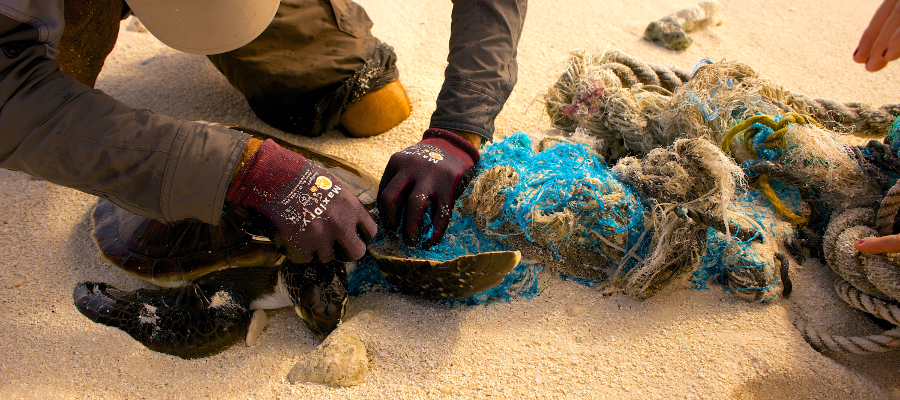
Countries agree on plastic-free sea
World leaders have now agreed that the plastic pollution of the planet’s oceans must be stopped. But it has still not been decided how to achieve this goal.

Double up on solar energy
Last year, 14 countries doubled their solar energy production. The countries include giant such as China, Brazil, Mexico, and Pakistan.
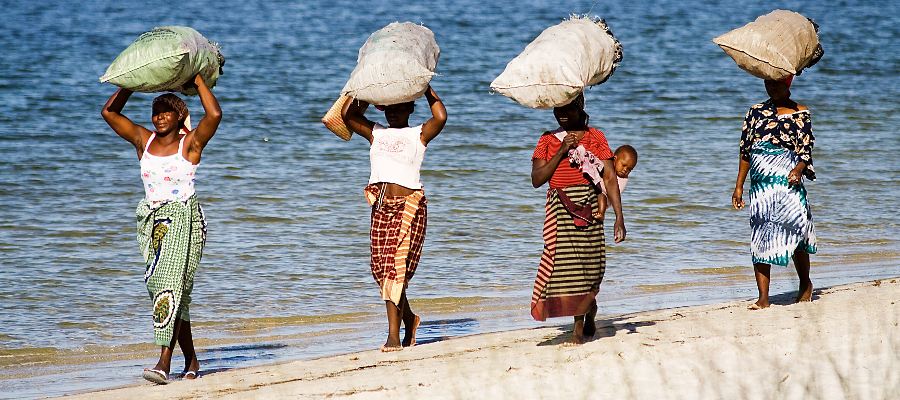
Fewer absolute poor in Mozambique
In 1997, half of the people of Mozambique lacked all basic necessities such as food, housing, and clean water. Now, this level of poverty affects one in six.

Italy to ditch coal
By 2025, Italy wants to stop using coal. Several other countries have also declared that they want to stop burning this dirty fuel.
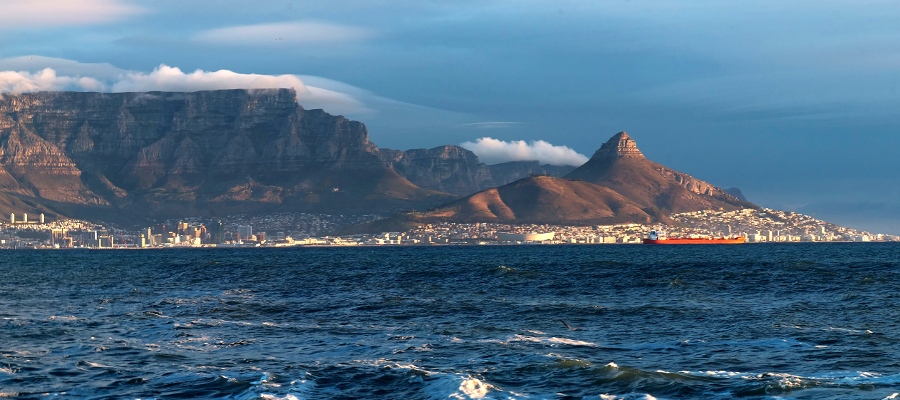
HIV medicine is now mainstream
In 2000, only 90 people in South Africa had access to medicine against HIV. Today, more than four million patients have access to the lifesaving medicine.
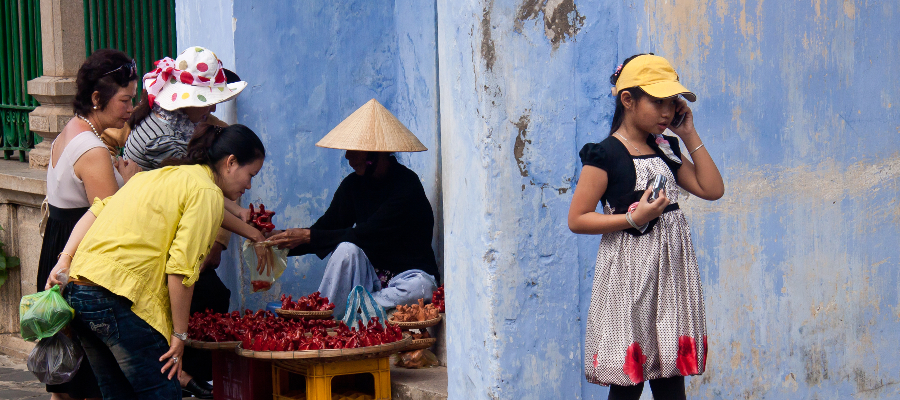
Hotline to punish polluters
As a response to recent environmental scandals, the Vietnamese environmental agency has now launched a hotline that allows anyone to report pollution.
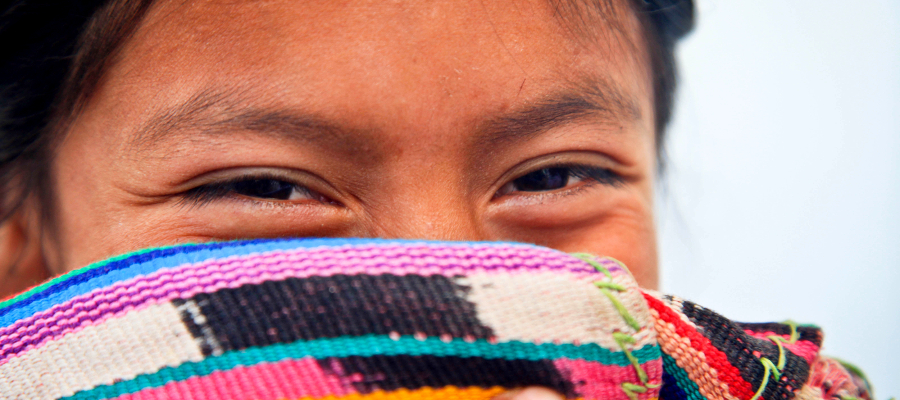
Latin countries ban child marriage
Several Central American countries have banned child marriage, including Honduras and Guatemala. Until 2012, around 29 percent of Latinas got married too early.
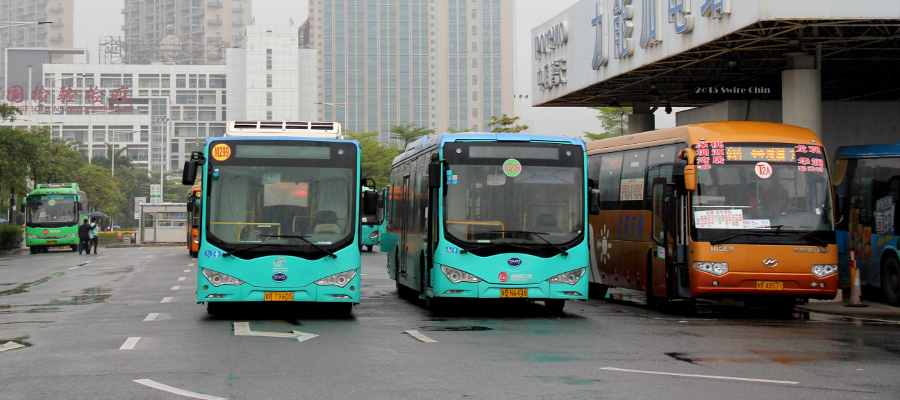
Cleaner air for mega-city
To help clean the air for the city’s 11.9 million people, all buses in the Chinese city of Shenzhen must run on electricity before the end of this year.

Better governance in Africa
Despite often slow progress, around 60 percent of Africans now live in countries that are better governed than they were ten years ago.